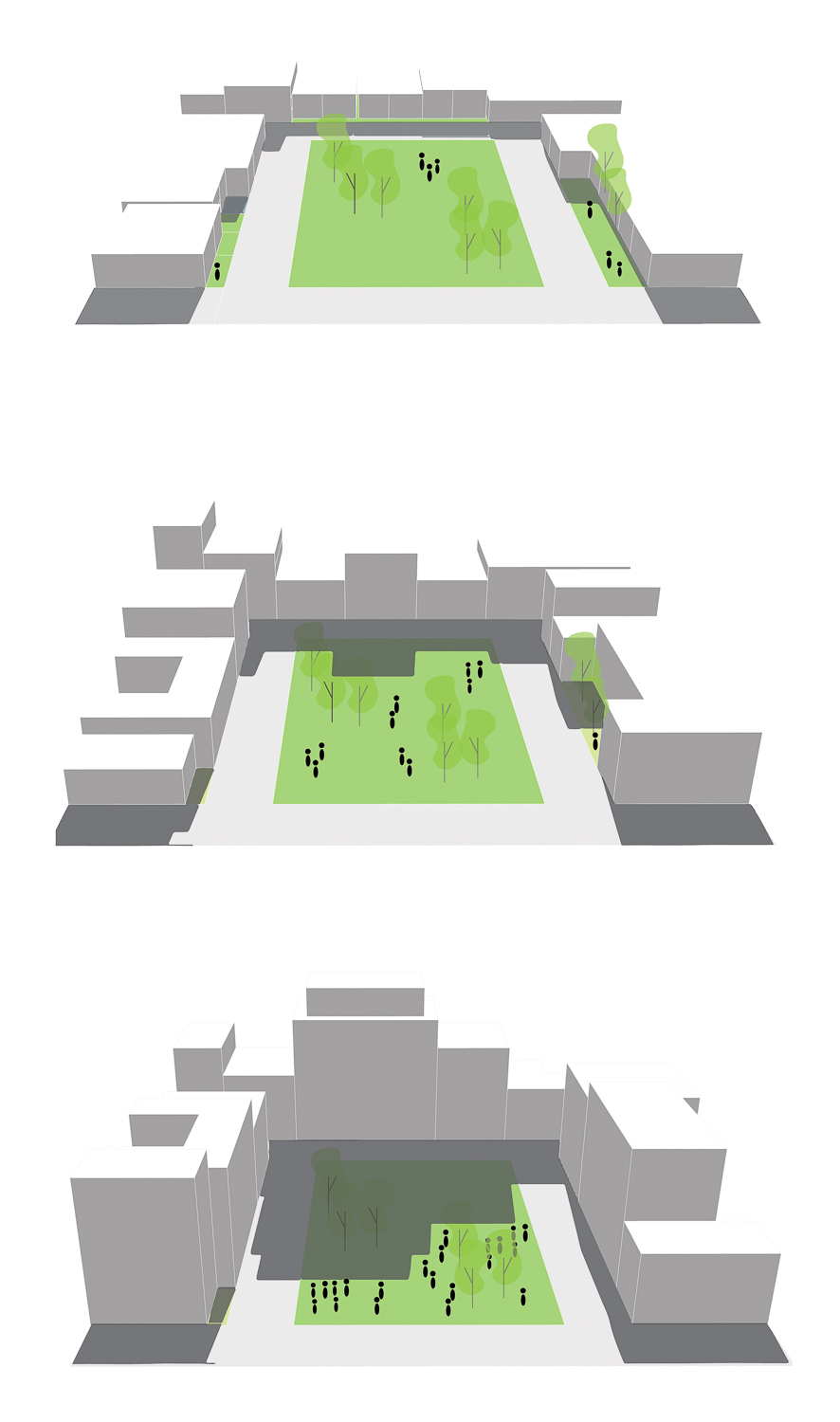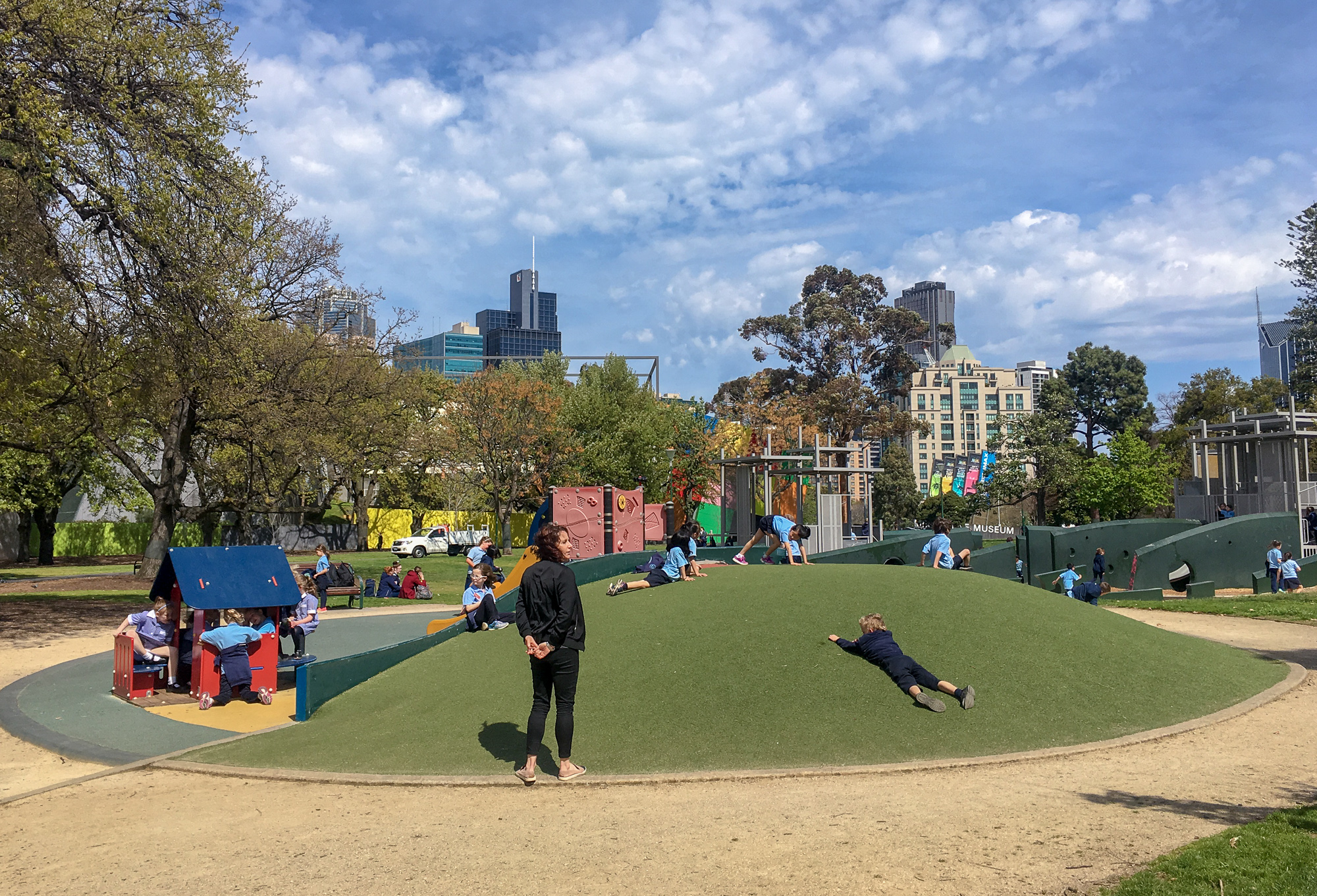Sunlight to Parks Policy
- Location Naarm / Melbourne, Victoria
- Traditional Owners Bunurong & Wurundjeri
- Client City of Melbourne
-
Service
Strategy & Policy
Urban Research

The Challenge
Sunshine is fundamental to people’s health, comfort and enjoyment of public space. Insufficient access to sunlight can result in detrimental impacts on physical and mental health.
Over 50% of Victorians are Vitamin D deficient in winter. Protecting access to sunlight has been a key tenet of planning practice since increasingly taller buildings began to overshadow parks and streets. As growth has intensified in central Melbourne, sunlight protection controls have focused on protecting sunlight access during Spring and Autumn, and not necessarily when people needed it the most in winter. The existing policy also prioritises protection for larger parks, not recognising that the most important park for residents is often the one closest to them.

Our Approach
Our brief was to research the importance of sunlight to community health and wellbeing and to identify a contemporary approach to protecting sunlight while also supporting broader strategic objectives for development intensification.
We reviewed existing modelling work undertaken for the City of Melbourne to assess current sunlight access and to synthesise this analysis with a review of the existing sunlight protection controls. We assessed the cumulative impact of overshadowing, researched best-practice approaches to sunlight policy internationally and made recommendations for a consistent and equitable policy approach based on centring people’s physical and mental health.
Impact
Our report provides the evidence-base to introduce a transformative, progressive approach to planning for a healthy city.
It provides the justification for equitable solar access policy that protects sunlight access to parks in winter while supporting inner city development. This will maximise the wellbeing and health of residents, workers and visitors in these neighbourhoods.
Our recommendations were endorsed by an independent Planning Panel in 2021.